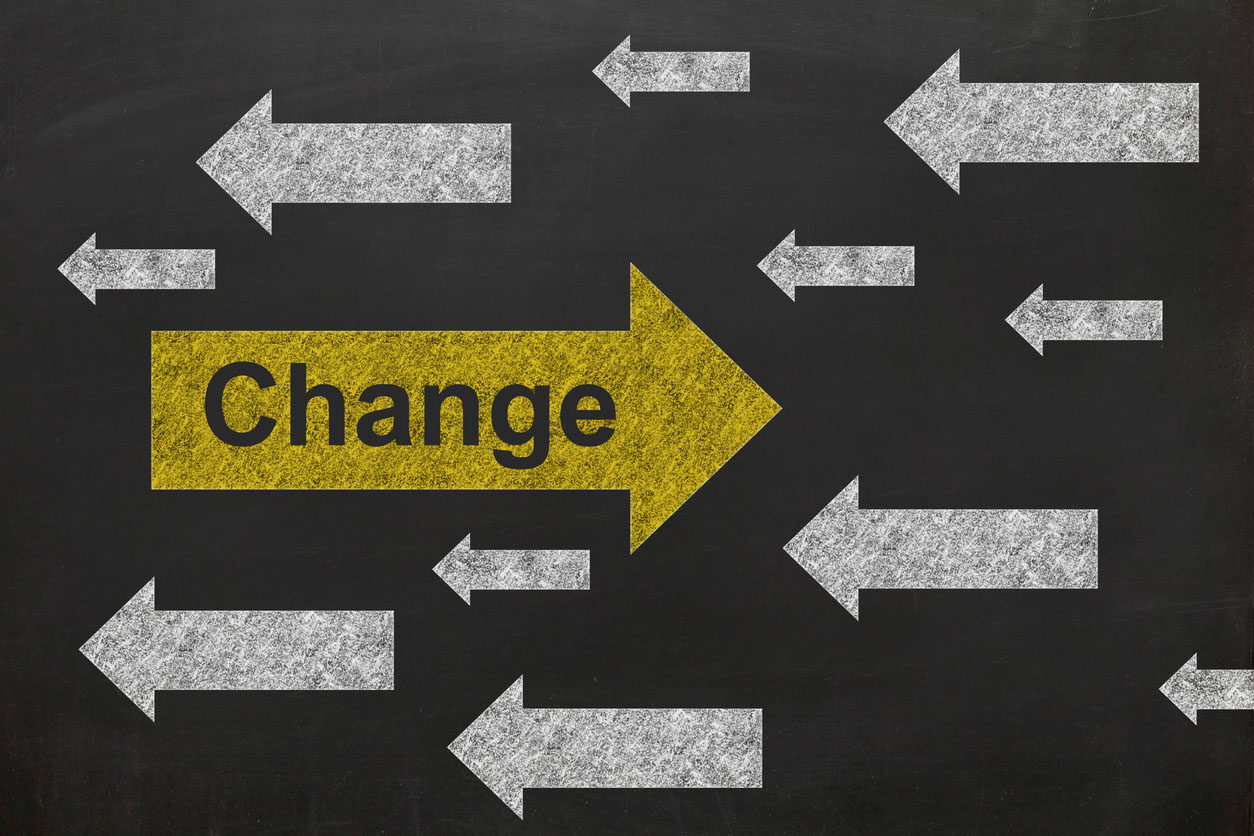I would like to share an interesting case with you because it exemplifies the approach we in integrative medicine take to address challenging conditions. Much of what we see falls between the cracks of conventional medicine; “paint-by-numbers” medicine utilizing drugs often doesn’t get to the underlying causes of patients’ problems, or is accompanied by unacceptable side effects.
We often invoke “functional medicine” as a paradigm. What’s meant by that is to prioritize discovery of root causes, as opposed to merely using medication to suppress symptoms.
For example, a headache may be the result of a multitude of precipitating factors: food intolerance, stress, TMJ, magnesium deficiency, etc. Identifying and addressing these triggers may provide more lasting and comprehensive relief than handing the patient a prescription for a pain reliever.
Recently, a patient challenged my functional medicine expertise to arrive at a solution for an unusual problem.
She was a 57-year-old African American female (normally I wouldn’t bother to designate a patient’s race, but this was relevant, as you’ll soon see) who complained of debilitating muscle cramps. She was a kick-boxing instructor and engaged in intensive workouts. It was not uncommon for her to log 15-20,000 steps per day.
Her muscle cramps occurred more frequently with heavy exertion, but she was determined to pursue her occupation without restriction.
She had tried all the usual things: hydration, electrolyte drinks, extra magnesium, and stretching warmups.
The cramps were often so severe at night that they interrupted her sleep, and she was worried that the consequent sleep deprivation would make her too tired to sustain her demanding pace.
Occasional muscle cramps are a frequent complaint among athletes. It’s unclear what causes them, but overexertion and heat prompt them. I’ve had them many times while running, swimming, cycling or lifting weights, but I’ve found magnesium and adequate fluid intake staves them off.
There’s an ingenious theory that cramps can be relieved by oral consumption of something spicy. The nociceptive effect—in effect mouth pain—seems to decoy the nervous system away from the cramp, probably via the vagus nerve, and a reset occurs. Many triathletes swear by a product called Hotshot.
But my goal with this patient was not simply to relieve her cramps when they happened, rather to discover if there were factors which predisposed her to have them and prevent them from occurring.
I was a little stymied at first, but then the patient offered me an opening: She revealed that she had sickle trait, which is a milder form of sickle cell disease. Some persons of African or Mediterranean ancestry carry one of two genes that cause sickling of red blood cells—the trait. This is normally considered benign, and patients may not even realize they are carriers. Only .15% of Black people have full-blown sickle cell disease, but 8% have sickle trait.
When both genes are present, the condition is devastating, causing excruciating pain, especially with exertion or under conditions of high oxygen demand.
I remembered something I had once read about Black college athletes with sickle trait, unbeknownst to many of them or their coaches, who under conditions of extreme exertion experience serious problems. Sure enough, a popular sports medicine site confirms:
“Athletes with sickle cell trait are potentially more vulnerable to other serious conditions such as gross hematuria, splenic infarction, exertional heat stroke, severe muscle breakdown (rhabdomyolysis) and potentially even sudden death when participating in strenuous exercise under intense environmental conditions.”
Short of these devastating problems, which occur rarely with just the trait, more common symptoms may include muscle cramping/pain.
This provided me with an in: I hazarded a guess that some of the known nutritional treatments for full-blown sickle cell might help this patient. And there are several plausible ones.
- L-glutamine: There’s extensive literature on the benefits of this amino acid for sickle cell disease. So much so that there’s a medication (Endari) that’s a prescription form of l-glutamine for sickle patients. In clinical trials, oral l-glutamine reduced painful sickling crises by 25% and hospital admission by 33%. The dosages used were 10-30 grams (2-6 tablespoons) per day of l-glutamine powder depending on body weight.
- N-acetylcysteine: Free radicals are known to trigger sickling of red blood cells; the body’s premier antioxidant is glutathione. A reliable way of boosting glutathione is to administer its precursor N-acetylcysteine.
- Omega-3: Cell membranes are chock full of essential fatty acids. Without adequate Omega-3s, they tend to be stiff and inflexible. Therefore it’s been postulated that fish oil supplements might help sickle patients. A small pilot study has demonstrated improved blood flow in sickle cell patients who consumed EPA/DHA supplements for one year.
- Nitric oxide: Nitric oxide is responsible for dilating blood vessels, facilitating circulation. A recent article postulates that supporting nitric acid metabolism with certain medications or supplements could ameliorate sickle cell disease symptoms. L-arginine, l-citrulline and beet-derived dietary nitrates in products like Berkeley Life Nitric Oxide are proven means of boosting nitric oxide.
- Nicotinamide riboside: NR boosts NAD which is a potent cellular energizer. Indeed there are scientific articles that propose that supporting NAD with niacinamide (vitamin B3) may be helpful for sickle cell disease.
I decided to augment the therapy with a topical glutathione cream and oral tart cherry extract, which is known to ameliorate exertional muscle pain and fatigue, but has not yet been specifically linked to relief of painful sickling crises.
By the way, trials of magnesium for sickle cell have proven disappointing, which may account for why my patient got no relief from it.
The patient dutifully followed my recommendations for six weeks and then returned for follow up. She entered my office beaming.
“It’s working!” she exclaimed. Her bouts of muscle cramps were dramatically reduced in frequency, occurring only with the highest levels of exertion. Her sleep quality had dramatically improved since she no longer was awakened by painful spasms.
Her husband had prepared a spread sheet which documented the frequency of cramps, and correlated them with a graph of her daily steps. It showed a steady decline in frequency of cramps within 10 days of starting the supplement regimen; it was mostly when she exceeded 20,000 steps per day that the spasms broke through. Interestingly, the patient claimed that rubbing the glutathione cream on her legs helped to relieve the cramps on the few occasions they recurred.
A couple of caveats: This a specific sub-type of muscle cramps which may be related to underlying sickle trait. It’s by no means clear to me that any of the above supplements will help the ordinary, everyday muscle spasms that plague many people. There are myriad causes for cramps, and each may call for different specific measures, even medication, as when restless leg syndrome is addressed with drugs ordinarily used for Parkinson’s Disease, or when multiple sclerosis sufferers receive powerful muscle relaxants.
Moreover, it’s an unfortunate reality that many sickle cell disease patients are indigent because their condition incapacitates and impoverishes them. Supplements are expensive and they’re not acknowledged as reimbursable medical expenses. The inescapable conclusion is that we could do better for them if society were to recognize the legitimacy of innovative non-pharmaceutical approaches.








